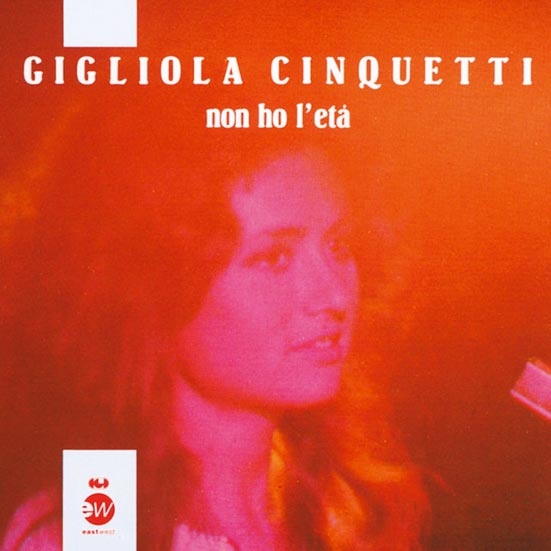SANREMO – THE 1960s

The decade began under the banner of compromises between crooners and “screamers”. Renato Rascel and Tony Dallara won in 1960 with Romantica; Luciano Tajoli and Betty Curtis in 1961 with Al di là, but the revelation of that edition was Adriano Celentano, who with 24milabaci introduced rock’n’roll on the stage of the Festival. The singer-songwriters also made their debut: Gino Paoli, Giorgio Gaber, Maria Monti, Gianni Meccia, Umberto Bindi and Pino Donaggio.
In 1962 the couple formed by Villa and Modugno with Addio addio hit the mark, but the moral victory belonged to Tony Renis, whose performance earned him the sobriquet of Mr. Quando quando quando. He would win in 1963 with Uno per tutte.
Between 1964 and 1969 the Riviera became a Babel of races and nationalities: whites, blacks, mestizos, English, Brazilians, Austrians, French, American natives were all invited to sing in Italian, which became the Esperanto of light music.
In 1964, sixteen-year-old Gigliola Cinquetti won with Non ho l’età, which also triumphed at the Eurovision Song Contest. However, the market rewarded Bobby Solo with his Una lacrima sul viso (2 million copies), who would go on to win 1965 with Se piangi se ridi.
In 1966 Caterina Caselli led the vanguard of the young generations (Nessuno mi può giudicare) while a messianic Celentano launched an ecologic message (Il ragazzo della via Gluck). Once again melody won, but Dio come ti amo (Modugno and Cinquetti) would soon be forgotten.
In 1967 protest in the wake of the beat generation was all the rage, and the festival saw the participation of the Rokes, the Giants, Marianne Faithfull, Antoine, the Hollies, Sonny & Cher. Villa and Zanicchi won with Non pensare a me but more memorable songs would be L’immensità, La musica è finita and Ciao amore ciao, the last song by Luigi Tenco, who would kill himself on the night of the final.
In 1968 the juries rewarded Sergio Endrigo (Canzone per te) while also expressing appreciation to Don Backy (Casa bianca e Canzone).
In the year of labour union strikes (1969), Zingara came first, but among the favourites were Lucio Battisti (Un’avventura, with Wilson Pickett), the New Trolls (Io che ho te) and Gabriella Ferri (Se tu ragazzo mio, with Stevie Wonder).
